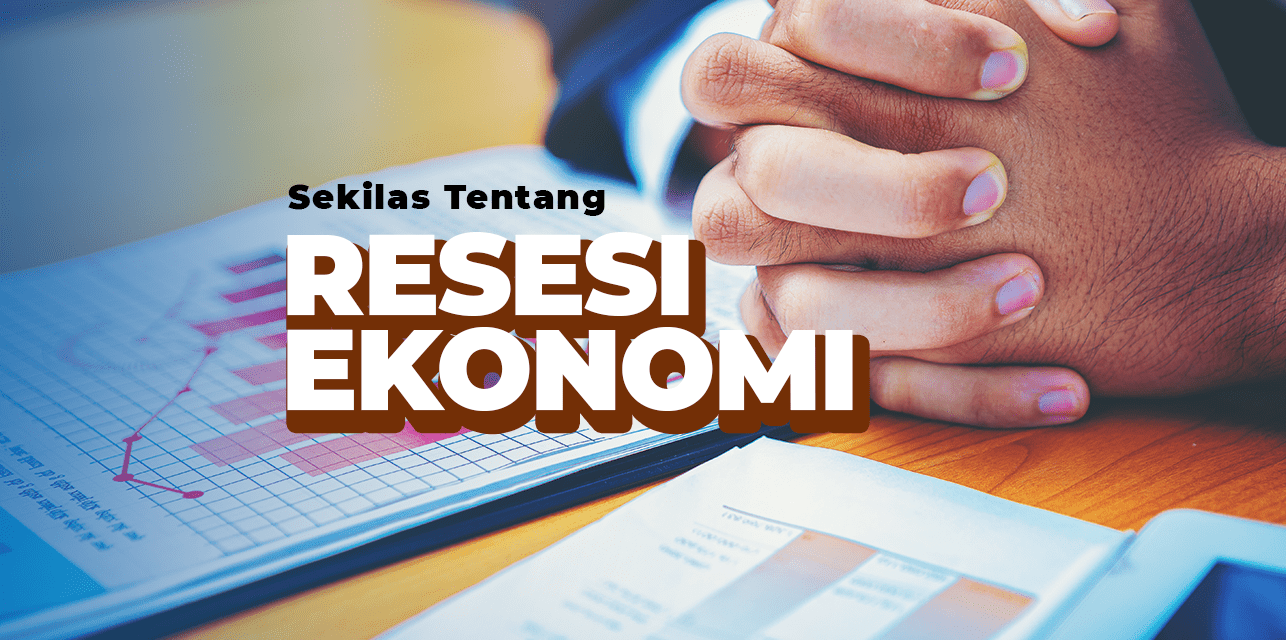What is an Economic Recession
An economic recession is a significant economic downturn that spreads across the economy that lasts more than a few quarters. More specifically, an economic recession is often summed up to a simple definition: when gross domestic product (GDP) declines for two consecutive quarters. This prevailing line of thought, popularized by economist Julius Shiskin in 1974, captures only a small angle of the true scope of an economic recession. The National Economic Research Bureau (NBER) states that when we are in an economic recession. The nonprofit research group tracks changes in business cycles, including economic recessions. They determine when a recession begins by measuring various indicators such as:- Decline in real GDP
- Decline in real income
- Increasing unemployment
- Stagnation of industrial production and retail sales
- Decline in consumer spending
What causes an economic recession?
In general, economic expansion and growth cannot last forever. A significant decline in economic activity is usually triggered by a combination of complex and interrelated factors, including:Causes of Economic Recession: Economic shocks
Unforeseen events that cause widespread economic disruption, such as natural disasters or terrorist attacks. The most recent example is the brief recession that occurred in reaction to the COVID-19 outbreak.Causes of Economic Recession: Loss of consumer confidence
When consumers are worried about the state of the economy, they slow down their spending and save whatever money they can. Since nearly 70% of GDP depends on consumer spending, the entire economy could slow down drastically.Causes of Economic Recession: High interest rates
High interest rates make it expensive for consumers to borrow money. This means that consumers are less likely to shop, especially for large purchases such as homes or cars. The company will also reduce expenses and growth plans because the financing costs are too high.Causes of Economic Recession: Deflation
The opposite of inflation is deflation. This is when the prices of products and assets fall due to a large drop in demand. When demand drops, so does the price as sellers try to attract buyers. Consumers see this downward trend and wait for prices to fall, which further reduces demand. A downward spiral reduces economic activity and increases unemployment, leading to a sustained downward spiral or slow economic activity and greater unemployment.Causes of Economic Recession: Asset bubbles
In an asset bubble, the price of investments such as tech stocks in the dot-com era or real estate before the Great Recession rose rapidly, far outpacing its fundamentals. These high prices are only supported by artificially inflated demand, which eventually disappears, and the bubble bursts. At this point, people lose money and confidence collapses. Consumers and companies are reducing spending and the economy is entering an economic recession.How long does an economic recession last?
Due to the unpredictable nature of the business cycle as a whole, it is difficult to gauge how long an economic recession typically lasts. However, the average post-World War II economic recession lasted for 11 months. "At some point, the market reversed," Santangelo said. "What caused the economic turnaround? Same thing above: Things that are unpredictable." NBER follows a retrospective business cycle dating procedure, which means waiting for enough data to be announced when we reach its cycle phase.Impact of Economic Recession
Traditional analysis of fiscal stimulus usually looks at the short-term impact of fiscal policy on GDP and job creation in the near term. However, economists have long recognized that short-term economic conditions can have a lasting impact. For example, job losses and declining incomes can force families to postpone or forget about higher education for their children. Frozen credit markets and depressed consumer spending can halt the creation of dynamic small businesses. Larger firms may delay or reduce spending on R&D. In each of these cases, an economic recession can lead to "scarring"—that is, long-term damage to the economic situation of individuals and the economy at large. The following section details some of what is known about how an economic recession can cause long-term damage.Economic damage
Economic recessions result in higher unemployment, lower wages and incomes, and missed opportunities more generally. Education, private capital investment, and economic opportunities are likely to suffer in the current downturn, and the effects will be long-lived. While economies often see rapid growth during recovery periods (as unused capacity replays function), headwinds from long-term damage will still prevent the recovery from reaching its full potential.Education
As many researchers have noted, education—or "human capital"—plays an important role in driving economic growth. For example, Delong, Golden, and Katz (2002) state that "human capital has played a major role in driving America's prominence in twentieth-century economic growth." Thus, the factors that cause fewer years of educational achievement for the nation's young generation will have major consequences in the coming years. An economic recession can impact educational attainment in several ways. First, a large amount of literature discusses the importance of early childhood education (see, for example, Heckman (2006, 2007) and the papers cited therein). Because education at this level (whether pre-kindergarten or even earlier) is primarily driven by parental choice and funding, factors that reduce family resources will have an impact on the level and quality of education available to their children. For example, Dahl and Lochner (2008) found a direct influence of family income on math and reading test scores.lost a job
In the current economic recession, the unemployment rate has increased from 4.9% in December 2007 to 9.7% in August this year. There are currently about 15 million unemployed people—double the number at the beginning of the recession—with approximately 1 in 6 workers unemployed or underemployed. About 5 million workers have been unemployed for more than six months, and this long-term unemployment is the highest percentage of the total since 1948. Job loss clearly poses a problem for most individuals and families. Lost income can last for years, even after a new job has been picked up (often with a lower salary).Poverty
Simply put, poverty is not good for the economy. When children grow up in poverty, they are more likely, later in life, to have low incomes, commit crimes, and have poor health. Holtzer et al. (2007) estimate the cumulative cost to the child poverty economy to be about $500 billion per year, or about 4% of GDP. There is significant evidence that poverty has long-term consequences for children, including educational attainment, cognitive development, and emotional and behavioral outcomes. 3 As mentioned above, family income can be expected to have an impact on educational attainment in a variety of ways, but declining incomes and higher poverty rates also have an impact on adult opportunities.Economic mobility
As mentioned above, intergenerational mobility—or the absence of mobility—can lead to the effects of a persistent economic recession. Poorer families can lead to reduced opportunities and worse economic outcomes for their children through a variety of mechanisms—whether through nutrition, educational attainment, or access to wealth. An economic recession, therefore, should not be considered a one-time event that puts pressure on individuals and families for several years.Conversely, the economic downturn will impact the future prospects of all family members, including children, and will have an impact on the coming years. Various findings show that economic outcomes—especially one's position in the distribution of income and wealth—often carry over from one to the next (Solon 1992; Hertz 2006). More directly related to job loss, Oreopoulos et al. (2005) looked at the labor market income of children whose fathers experienced job loss.
Not only does losing a job lead to a constant loss of family income, but the next generation also has a 9% lower income than similar children whose fathers are not unemployed. After knowing about the economic recession along with its impacts, causes, and other things, you can understand other economic conditions in the GIC Journal. In addition, you can read other articles such as Evergrande Crisis: Impact on the Economy and Financial Markets.
 Last:
Last: 







